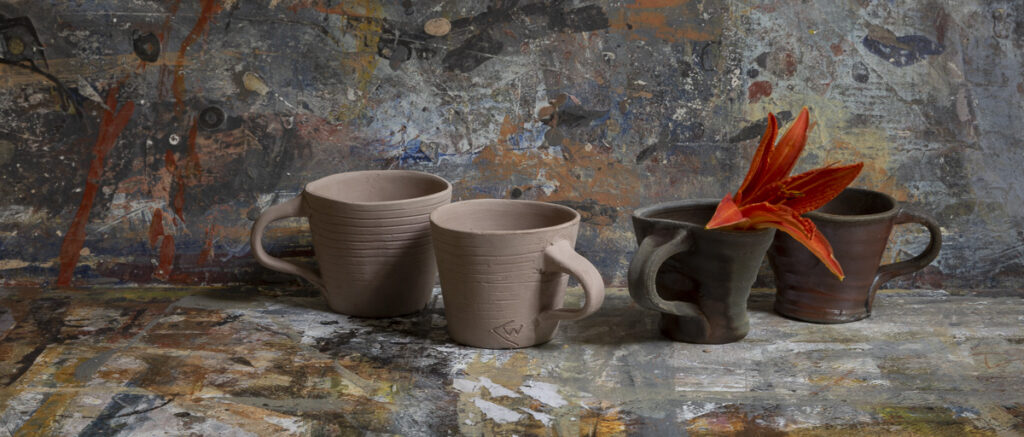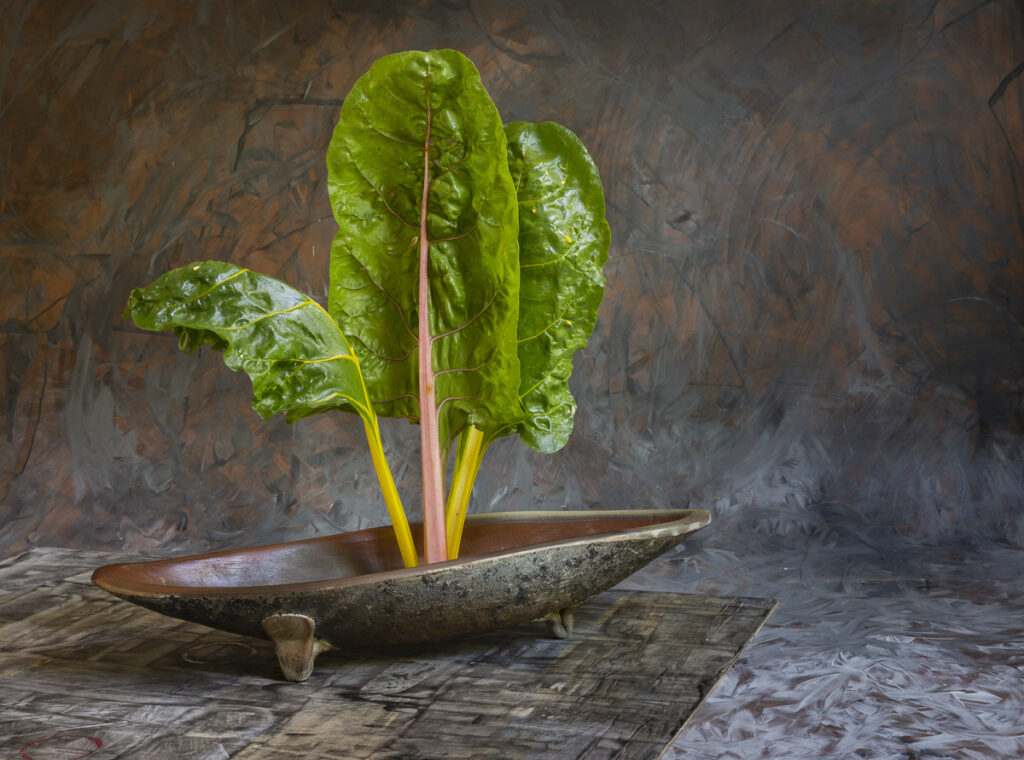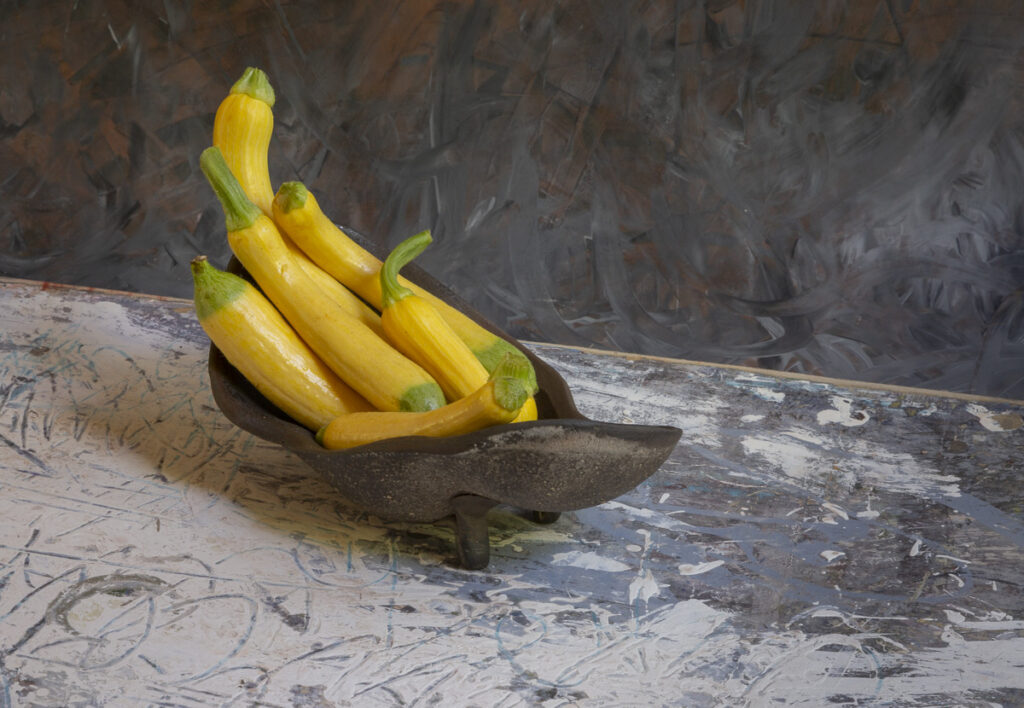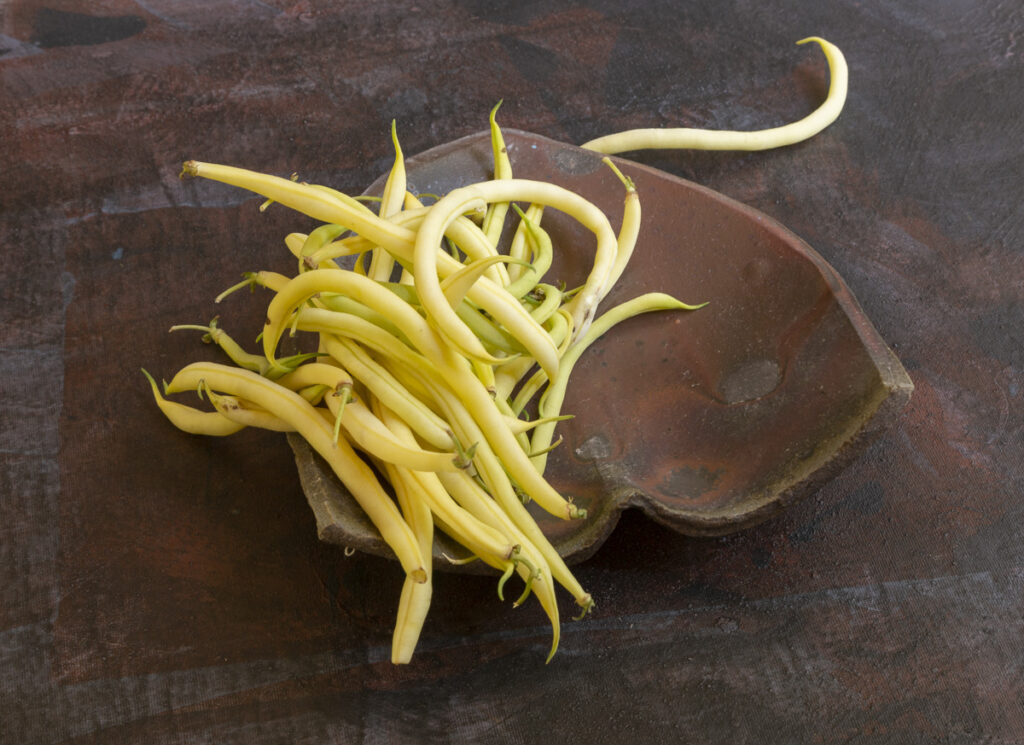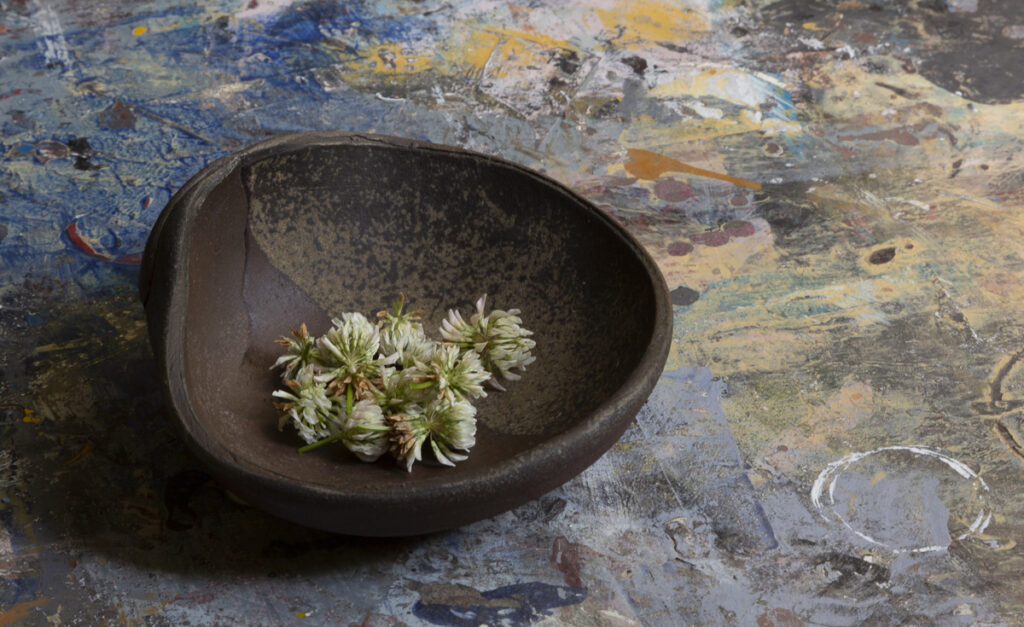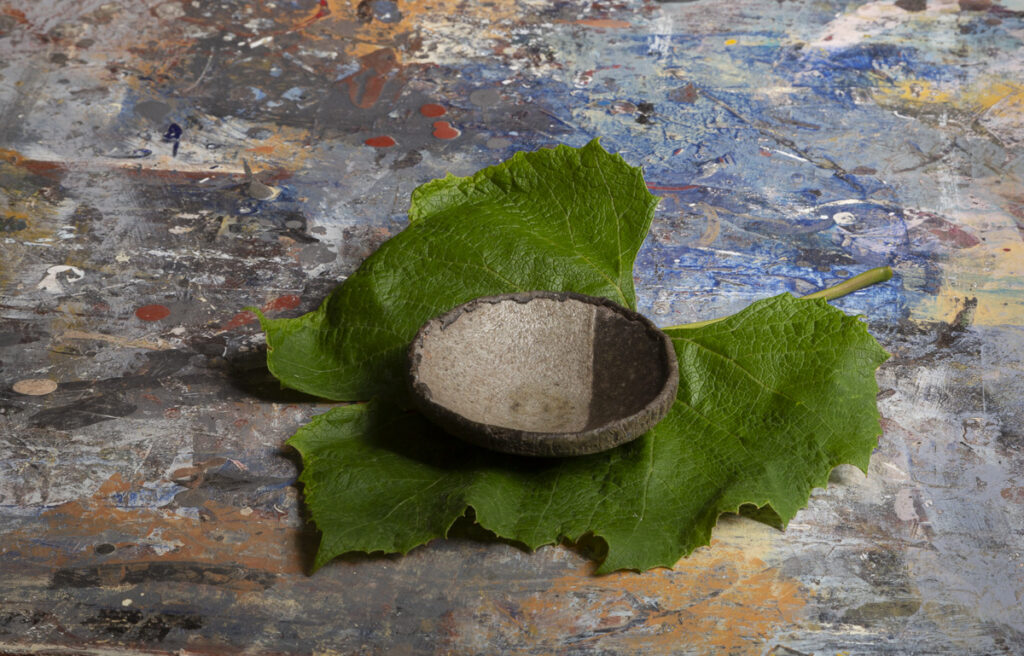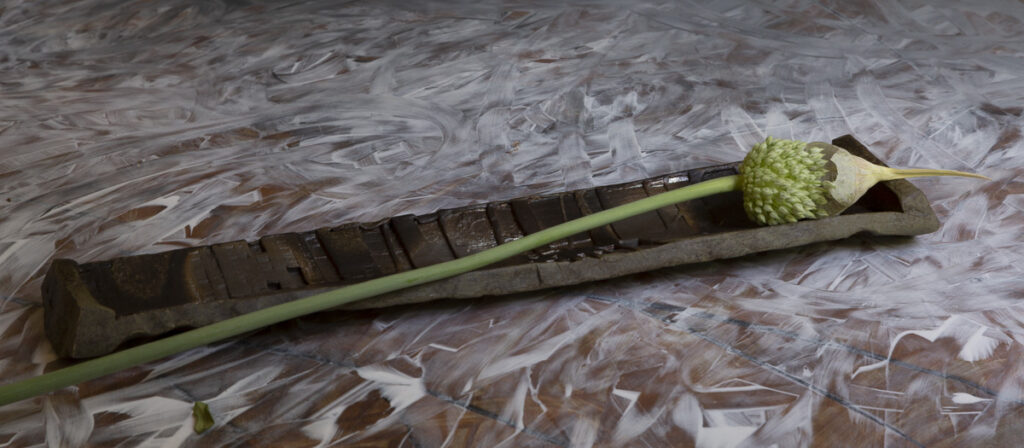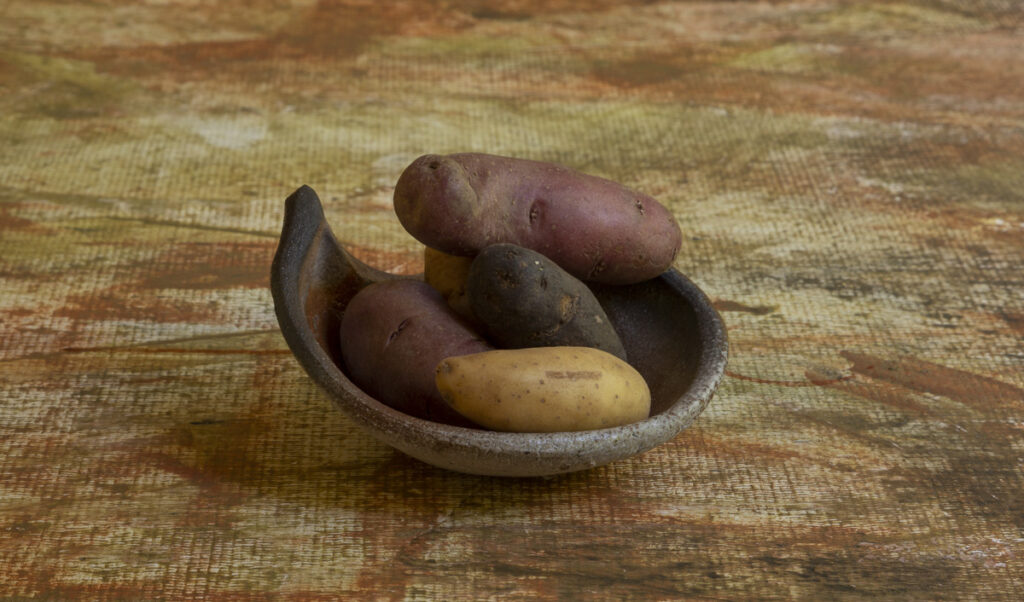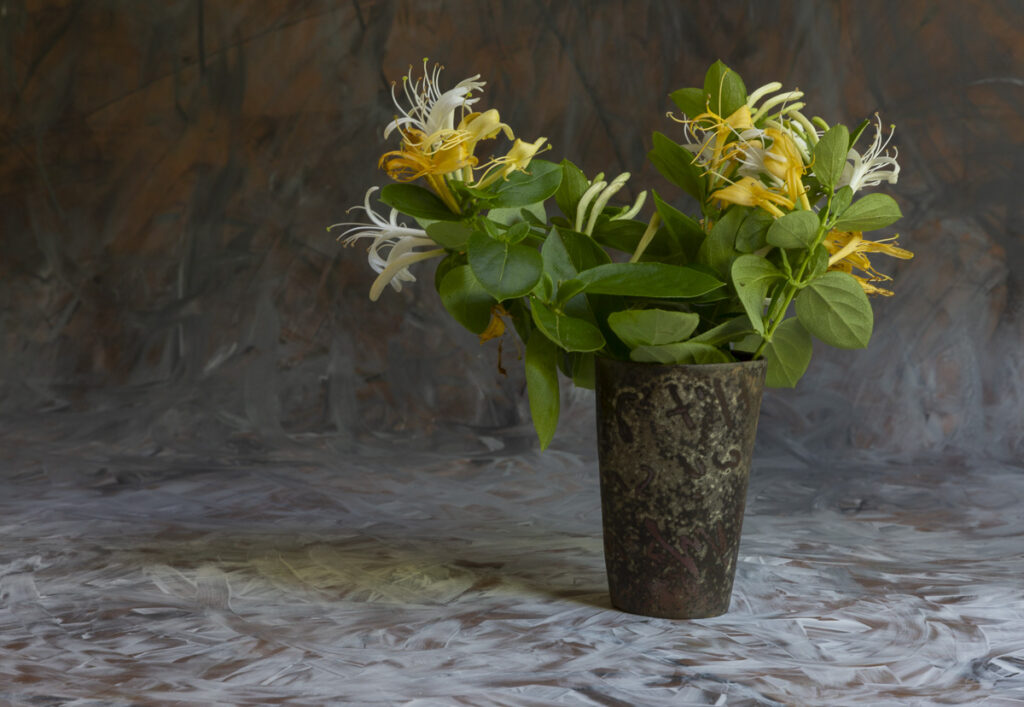Warren and I finished stacking our kiln this evening. I often refer to loading the kiln as being similar to doing a three dimensional puzzle. Making pots for that puzzle is both a joy and a knot of a problem. The kiln is an organic whale shape in which the pots sit in and on top of each other. Remembering the clues in order to have enough to fire the kiln is often a quandary. I remember the first time I took responsibility to fire the wood kiln I worked so hard that original effort is stored as a form of muscle memory.
I once had a helper ask me, “how do you plan for stacking this kiln.” I told her I make drawings and lists and then I dream about it. Sometimes planning for the firing feels like filling the inside of piano. At other times it’s more like shopping in a bodega. Today I felt like my whole body was in overdrive and I could not ascertain which direction or which object would solve the riddle of finishing the stack. Stacking our kiln is not a race, nor an equation or a formula. It comes together like a poem with balance, flow, and direction–a specific seasoning for this cycle of work. There are plenty of pots remaining, a good head start to firing a gas kiln in the near future.
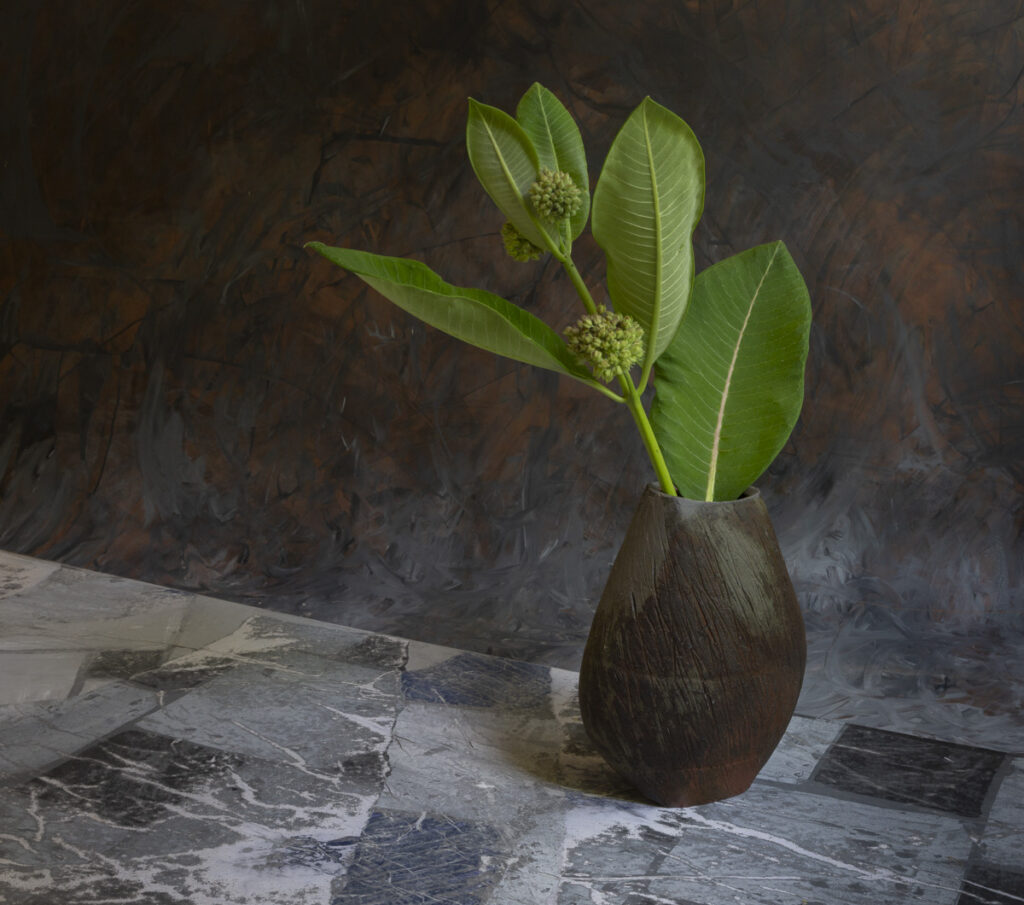
THE PROBLEM
You are trying to solve a problem.
You’re almost certainly halfway done,
maybe more.
You take some salt, some alum,
and put it into the problem.
Its color goes from yellow to royal blue.
You tie a knot of royal blue into the problem,
as into a Peruvian quipu of colored string.
You enter the problem’s bodegas,
its flea markets, souks.
Amid the alleys of sponges and sweets,
of jewelry, spices, and hair combs,
you ponder which stall, which pumpkin or perfume, is yours.
You go inside the problem’s piano.
You choose three keys.
One surely must open the door of the problem,
if only you knew only this:
is the quandary edible or medical,
a problem of reason or grief?
It is looking back at you now
with the quizzical eyes of a young, bright dog.
Her whole body pitched for the fetch,
the dog wants to please.
If only she could ascertain which direction,
what object, which scent of riddle,
and if the problem is round or elliptical in its orbit,
and if it is measured in foot-pounds, memory, or meat.
–Jane Hirshfield
